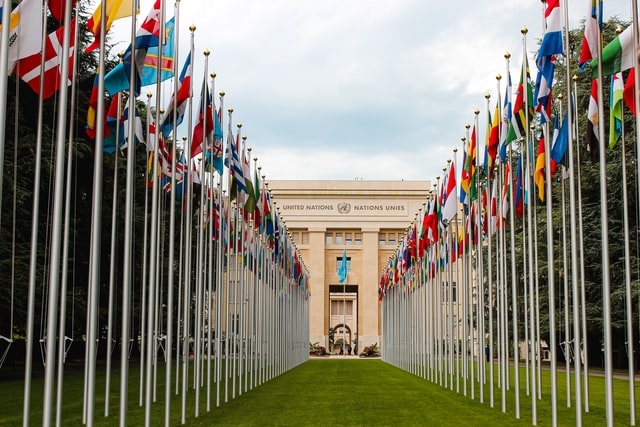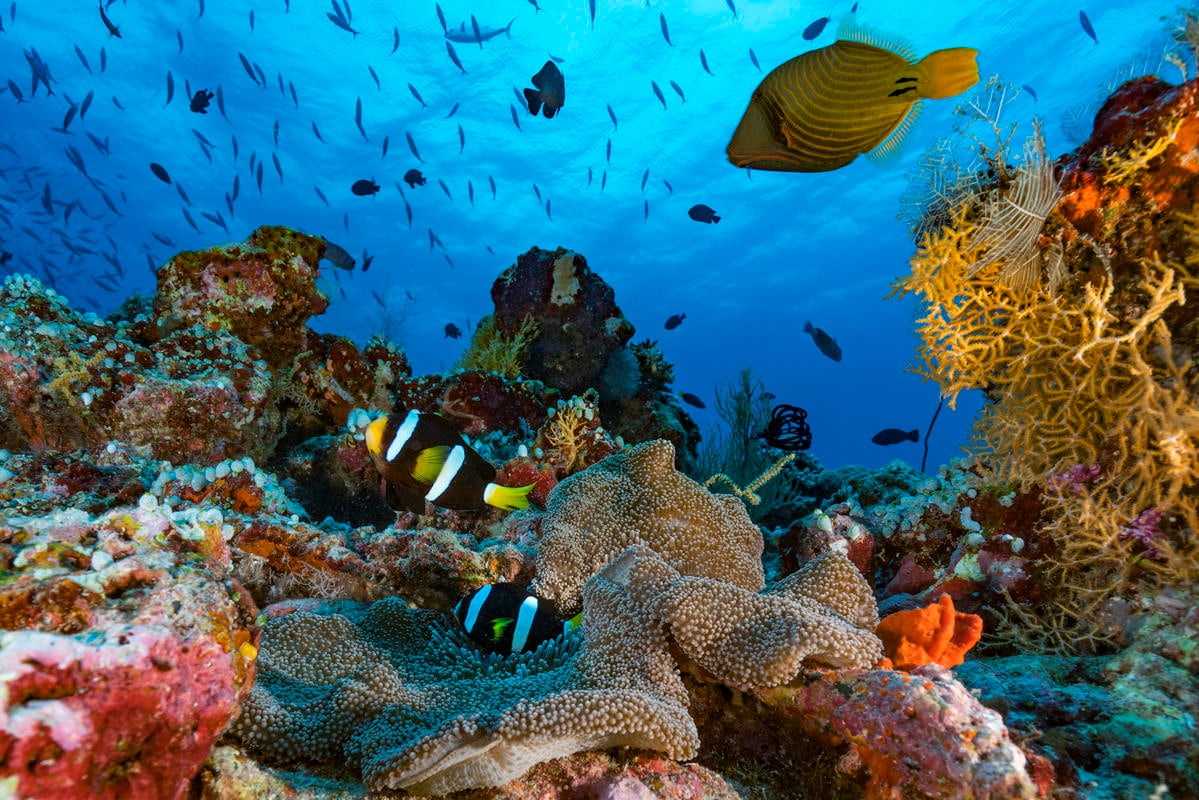The population sizes of wildlife have dropped by an average of 69% since 1970. We’ve lost half of our planet’s topsoil, and lose forest areas the size of 27 football fields every minute. And the nature crisis doesn’t end on land. 14 million tonnes of plastic enter our oceans every year. Half of our world's corals have been destroyed, and nearly a third of all monitored global fish stocks are now overfished.
In December 2022, the United Nations' Convention on Biological Diversity’s 15th Conference of the Parties - aka the UN CBD COP 15 - took place in Montreal, Canada. Here’s what you need to know, what’s at stake, and why you should care.
Photo: © Andre Dib / WWF-Brazil

The United Nations (UN): The UN are a global organization made up of nearly every country in the world. Member countries are required by law to follow the rules and regulations set out by the UN.

Conventions are legal agreements between countries and the UN. The CBD was formed in 1993 with the aim of conserving and sustainably using biodiversity, for the benefit of all people and the planet.
196 countries - aka ‘parties’ - are part of the CBD. Leaders and representatives of these countries attend a conference once every two years to review progress, set priorities, and commit to future plans.
This was the 15th time this conference took place - hence 'COP 15' - which was held in Montreal, Canada from December 7 to 19..jpg?width=800&name=_WW26669%20(1).jpg)
Biodiversity is the rich variety of all life on Earth along with the places and spaces they call home - forests, grasslands, oceans, rivers and everything in between. We often refer to biodiversity by another name - "nature" - and allthough not all of us live close to nature, we all directly and indirectly depend on it for our survival and livelihoods.
But we're losing nature at an alarming rate, putting the planet and ourselves in increasing danger.
 © Alexis Rosenfeld
© Alexis Rosenfeld
To sum it up, the CBD’s COP - or the Biodiversity COP - determines global efforts for nature in the years ahead.
But at COP 15, the stakes were higher than ever - COP15 offered a once-in-a-decade chance to heal our broken relationship with nature. We don’t have many opportunities like these left to safeguard our future.
At the UN CBD COP 15, world leaders and decision-makers will have the opportunity to approve a historic global plan for protecting and restoring nature in the coming decade. This global plan - known as the global biodiversity framework (GBF) - will give us a chance at reversing nature loss by 2030.

Tackling an issue as big and as urgent as nature loss requires change across all areas of society. Just like how the Paris Agreement of 2015 united the world against the climate crisis, the global biodiversity framework (GBF) has the power to spark this very change, setting in motion a wave of action and awareness for nature on a global scale. Approving the GBF is the crucial first step we need to heal our broken relationship with nature and put us on the road to recovery.
Nature is already in a state of emergency and time is running out. Unless we act now and commit to reversing nature loss by the end of the decade, we risk even greater (and potentially irreversible) harm to our planet, and us.

We are already facing:
We need world leaders to approve this ambitious global plan for nature - the global biodiversity framework (GBF) - and ensure that it is science-based, comprehensive, and benefiting for all. It must spark immediate action on the ground and reverse nature loss, securing a nature-positive world by 2030. That would mean we end this decade with more nature, not less. To do this, the GBF must fully recognize the rights and roles of indigenous peoples and local communities as well as ignite change across all areas of society.
To learn more about what WWF believes will make a successful global biodiversity framework, visit this page.
.png?width=540&name=Photo%20by%20IISD%20(1).png)
We know what you're thinking - "I'm just a regular person, not a world leader - how can I possibly influence the outcome of COP15?"
The answer is simple - get others talking about COP15.
Spread the word. Share this page. Share news articles. The more awareness and attention we can create around this crucial conference, the more we can put pressure on world leaders to make the right decisions in Montreal - decisions that will benefit both people and the planet. Together, we can show them that the world is watching COP15 unfold, and all eyes are on them.
If you haven't already, also be sure to follow us on Facebook, Twitter, Instagram, and YouTube. Over the next few weeks, we'll be sharing updates and more eye-opening content about COP15 that you can share with friends and family, and reveal more ways you can make an impact!

Subscribe to our newsletter to stay updated in the lead-up to the CBD COP 15! Discover all the ways you can make an impact and build momentum for change ahead of this crucial conference.

© 2017 WWF - World Wide Fund For Nature© 1986 Panda Symbol WWF – World Wide Fund For Nature (formerly World Wildlife Fund)® “WWF” is a WWF Registered Trademark Creative Commons license.